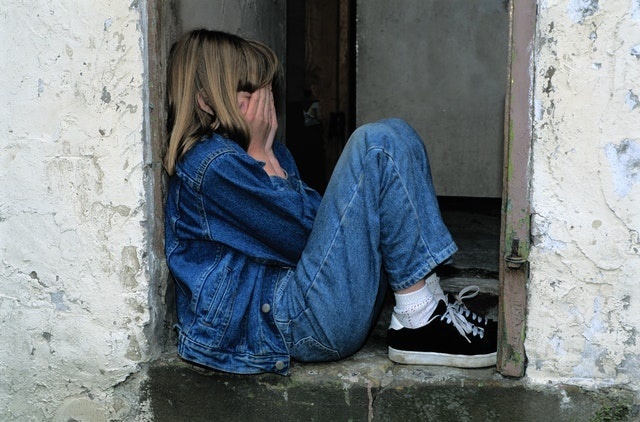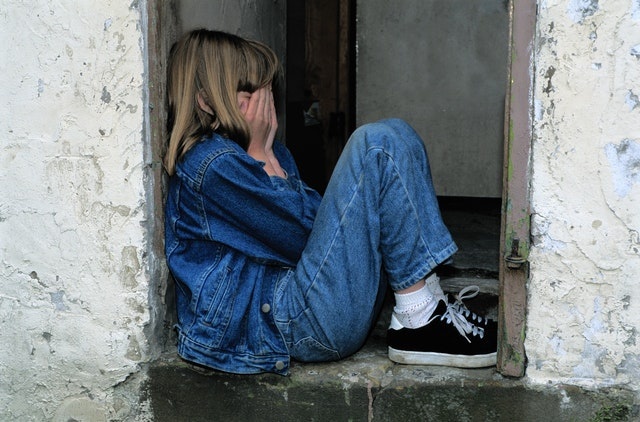Anxiety in Children: How to Know When to Start Worrying

Both children and adults go through a variety of different emotions throughout the day. It’s not uncommon for someone to experience a range of emotions depending on what the day throws at them. Also, children may experience and express emotions differently than adults do.
For example, your child could wake up feeling tired, moody, and hungry. Once they eat breakfast, they may feel content and happy. If they’re not getting enough attention, jealousy may be evident. Anger, sadness, and disgust are also common emotions that can be experienced within 24 hours.
Another common emotion that is a little less talked about is anxiety. While this is an emotion that many people can experience, it’s also one that can turn into an anxiety disorder, which may require additional treatment.
Here’s how to know when to start worrying if you sense your child is struggling with anxiety.
Changes in Sleeping Habits
While anxiety can be a common emotion that many children will face from time to time, certain signs and symptoms can be a big indicator that there’s a larger issue at play. A child struggling with anxiety may have a hard time falling asleep at night or staying asleep throughout the night. They may even wake up in the middle of the night due to bad dreams, nightmares, or bedwetting.
Changes in Eating Habits
Another sign that anxiety is at play is changes in your child’s eating habits. A child struggling with anxiety could have one of two things happen with their appetite: They will either eat more than usual or not eat enough.
 Their anxiety could cause them to feel too stressed to be able to eat anything. They may even feel sick to their stomach and feel like they’re unable to consume anything. On the other hand, their anxiety could cause them to feel empty inside. This response could cause them to overeat, binge, or crave unhealthy snacks like food high in sugar.
Their anxiety could cause them to feel too stressed to be able to eat anything. They may even feel sick to their stomach and feel like they’re unable to consume anything. On the other hand, their anxiety could cause them to feel empty inside. This response could cause them to overeat, binge, or crave unhealthy snacks like food high in sugar.
Lack of Concentration
A lack of concentration is another sign of anxiety. A lot of anxiety stems from worrying about past or future situations. The mind is so preoccupied with other things that it’s unable to focus on the present. A child struggling with anxiety will have a more difficult time being able to concentrate during school, or even with tasks at home.
Lack of Independence
Adults with anxiety may tend to self-isolate and withdraw from others. By contrast, children may seem more attached to others, especially when it comes to their parents or primary caregivers. While they may want to withdraw and self-isolate from their classmates or friends, they may pull for more attention at home. You may notice that your child has a difficult time leaving your side or doing things on their own.
Changes in Behavior
A big sign of anxiety in children is changes in their behavior. A child showing signs of anxiety may be extremely moody, angry, or agitated. They may appear sad or cry more than normal. They may also act in ways that are more defiant and challenging to authority.
Seek Additional Support
There’s no need to be too alarmed if your child is dealing with some anxiety. It’s a common emotion that we all will face throughout life. Some children and adults may be more prone to anxiety compared to others. Either way, your child’s anxiety does not have to mean you are doing anything wrong as a parent.
One of the best things you can do as a parent to help your child is to recognize the signs and symptoms and reach out for additional support. Working with a mental health professional is one of the best ways to help your child understand what may cause their anxiety and help them better manage signs or symptoms moving forward. Reach out today to set up a consultation for child therapy.
